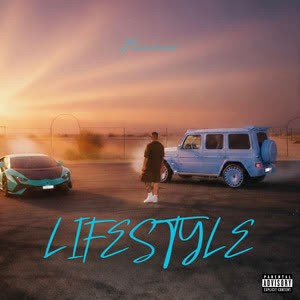
Controversy Surrounds Zach Bryan’s New Song Over Immigration Lyrics
The intersection of music and politics generates both applause and controversy, particularly when artists use their platform to discuss sensitive issues. Recently, Zach Bryan, a country singer known for his heartfelt ballads, found himself at the center of a political discussion following the release of a song snippet that openly criticized the U.S. Immigration and Customs Enforcement (ICE).
The snippet, which Bryan posted on Instagram, included lines that were critical of ICE’s role in enforcing immigration laws. This move did not sit well with some members of the government, especially within the Department of Homeland Security (DHS).
Responding to the lyrics, DHS’s Assistant Secretary of Public Affairs, Tricia McLaughlin, expressed her displeasure by advising Bryan to “stick to ‘Pink Skies’,” a reference to one of his previous non-political hits. Her comments were first reported by TMZ. McLaughlin’s remarks underline the tension between artists who speak out on controversial topics and government officials who may view such expressions as inappropriate.
The lyrics that sparked the controversy were poignant: “I heard the cops came/ Cocky motherf–kers, ain’t they?/ And ICE is gonna come bust down your door/ Try to build a house no one builds no more/ But I got a telephone/ Kids are all scared and all alone … The middle finger’s rising, and it won’t stop showing/ Got some bad news/ The fading of the red, white and blue.”
This lyrical expression aligns Bryan with other musicians who have recently criticized U.S. immigration policies. His stance reflects a broader cultural resistance against what some perceive as harsh measures implemented by the government, particularly under the Trump administration’s mandate.
The backlash was not limited to government officials. Some public and media reactions sided with the government’s perspective, viewing Bryan’s comments as unbecoming of an entertainer. Conversely, others praised him for using his music to spotlight important issues, drawing parallels to historical musicians who leveraged their art to influence public opinion and policy.
As the debate continues, the incident with Zach Bryan serves as a reminder of the powerful role that music can play in shaping public discourse, prompting discussions on the balance between artistic freedom and political commentary.


